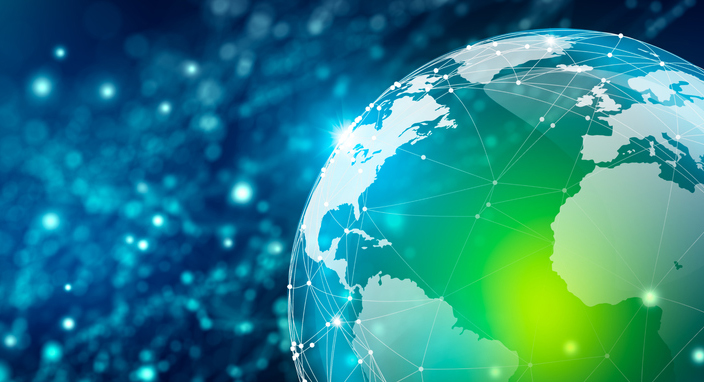Where are we in the race toward net zero? I am a big believer that we can gain insights from previously unavailable data. When we can look at strategic projects differently because we have that data, then we can make a difference in our world. This is precisely the conversation I had recently with Dawn James, director, global IoT industry strategy – energy & environmental science, Microsoft, as it relates to energy.
During our conversation on The Peggy Smedley Show, she compared smart metal versus dumb metal, saying at this stage in the game there is no reason for us to have dumb metal anywhere.
“If we start understanding how we can leverage big data analytics and then moving into the AI/ML space, like I mentioned before, it’s not about the capacity of the human brain,” she explains. “It becomes about leveraging the digital space and then using the human brain on top of that so we can start to process a lot more information to be used for good.”
This data can then help us reduce energy, carbon intensity, and reduce waste safely. When James first started in the environmental sector, a big focus was on clean up, as it was incredibly dirty and dangerous.
“Civilization as we know it today creates an incredible amount of waste,” she says. “And that is a challenge for every single industry, especially the core industries that I was mentioning before: AEC infrastructure, energy, and manufacturing. For us to tackle these large challenges, we must learn how to be more efficient and be able to reuse the waste that we produce so that we’re not just throwing it away.”
Looking to the future, we must consider people, process, and technology. As I keep saying, we need man to work alongside machine—and we need to tap into data that we haven’t yet explored. Now is the time.
When James looks to the future, she sees the race toward net zero—and the need to keep energy equity top of mind—all while leveraging data and making a “transparent system that breeds equity,” which is also a top priority at Microsoft. In this blog many times before you have read about people, process, and technology. No matter how you slice it, the point is the same. We need to change our methods, process, and procedures, all in an effort to guarantee we have a planet to for future generations.
As James puts it, “We have our three Ps: people, planet, and profits,” she says. “Leveraging the idea of profits so that we change behavior. But keeping in mind, number one, it’s about people. And number two, it’s about our planet. And so that we can start using those economic levers to scale. We have to keep in mind the reason why we’re here, the reason why we’re transitioning. And it’s not just about marketshare and that type of thing and satisfying our shareholders. But it’s leveraging those economic systems so that we can change behavior so that we can have the outcome for the betterment of all people.”
Perhaps that is what this is all about—and what data can help us do: create a better planet for the good of all. As I always say, this isn’t a destination, but rather a journey. We need to continue to turn to that untapped data—the right data—to create a better world for everyone.
Want to tweet about this article? Use hashtags #IoT #sustainability #AI #5G #cloud #edge #futureofwork #digitaltransformation #green #ecosystem #environmental #circularworld


